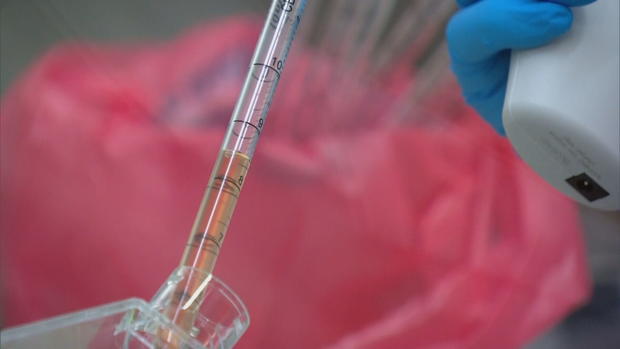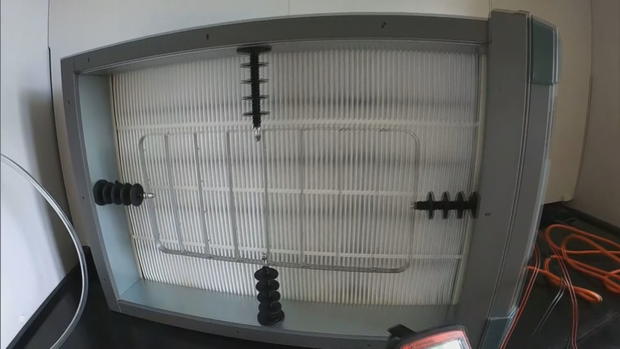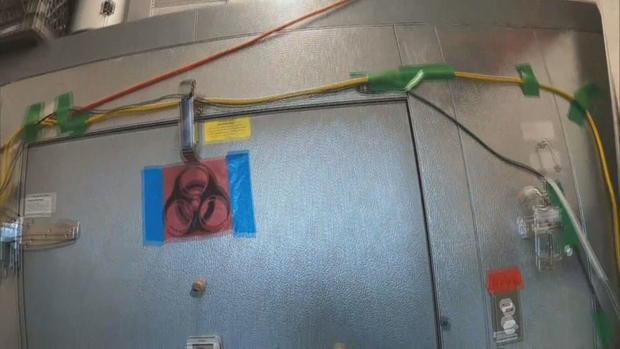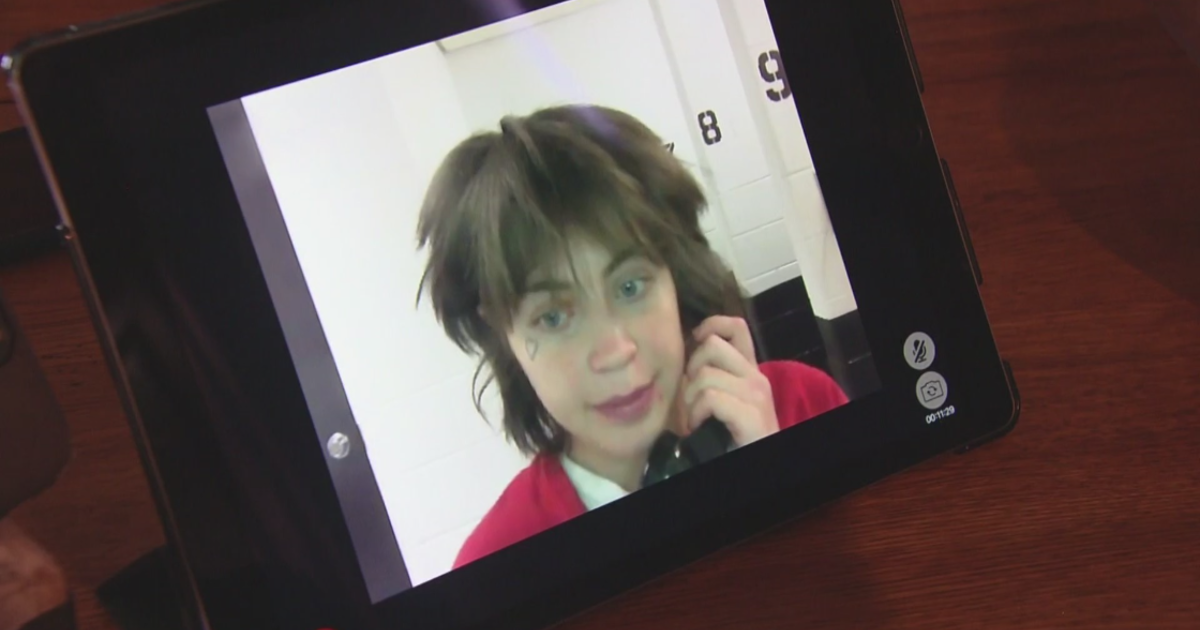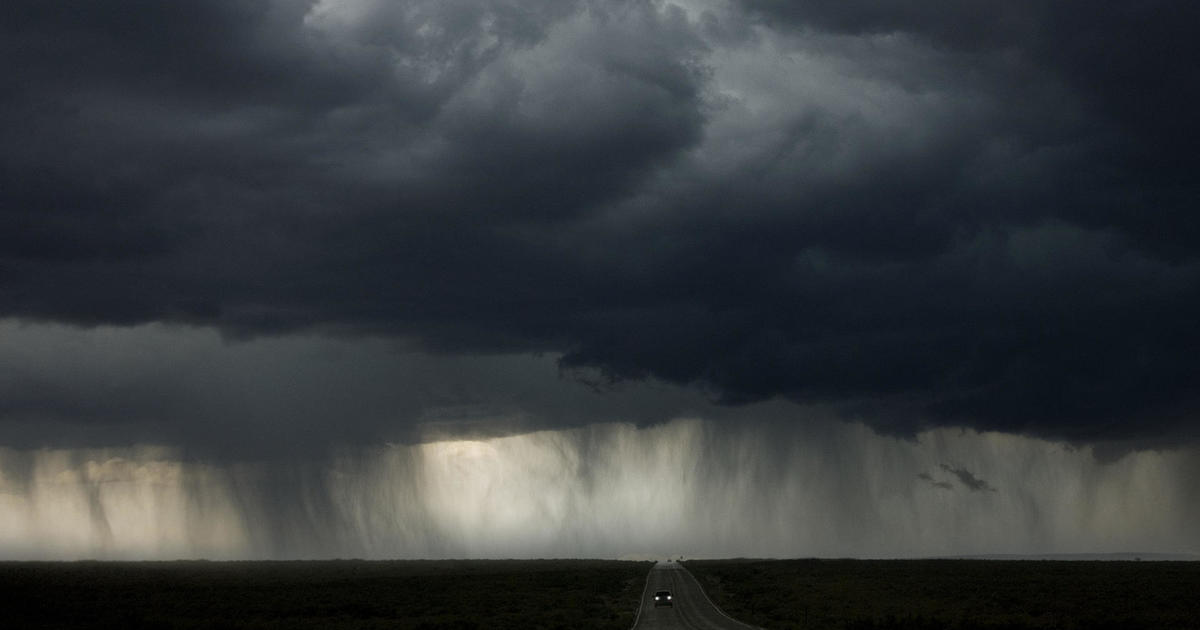CU Boulder Engineers Research Airborne Coronavirus Disinfection
BOULDER, Colo. (CBS4)- While most people are taking steps to avoid coronavirus at all costs, researchers at the University of Colorado Boulder are growing it.
Mark Hernandez is a professor of environmental engineering at the university.
"In order to protect the researchers, this particular virus only infects mice but it is structurally the same as human coronavirus so its disinfection response and likely its persistence is very close to that of what we are fighting right now," he said.
Hernandez and his team were awarded a rapid grant from the National Science Foundation. They can use their years of experience to study airborne coronavirus disinfection.
"We have to be indoors, right," he said. "If we are ever going to get back to some resemblance of normal, get our transportation hubs running, get our schools back on their feet, we have to learn how to disinfect quickly."
Their research starts by growing a strain of coronavirus that closely mimics COVID-19.
"This is as close as you can get without the real thing," he said.
Partnering with a number of Front Range companies, including Aerosol Devices of Fort Collins and DetectionTek out of Boulder, they have access to cutting edge technology, including an environmental chamber they use to track the virus in real time.
"This is essentially what coronavirus is doing in your lungs. It causes little plaques in your respiratory cells," said graduate student Emma Biesda.
Researchers will also look at how filters can help fight against the spread.
Postdoctoral fellow Mariana Lopes, who recently graduated from Arizona State University, is new to the team but will focus on novel coronavirus disinfection in building ventilation systems.
"It is important to know what is going on in these filters and whether or not they are passing through, if they are surviving," said Lopes.
Another key part of the study will be on how different disinfectants work against the viruses.
"There's a really good indication that that the stuff we have on the shelves out there right now can do us a lot of good, if applied right," Hernandez said.
The team is working to establish clear disinfecting protocols and best practices for indoor spaces before school returns in the fall.
It's information they hope will give everyone the confidence to feel safe going back into the workplace or any other shared indoor space.
"It's amazing to have your expertise be applied at the level and impact people. to know I have even a little part would be great," Lopes said.
